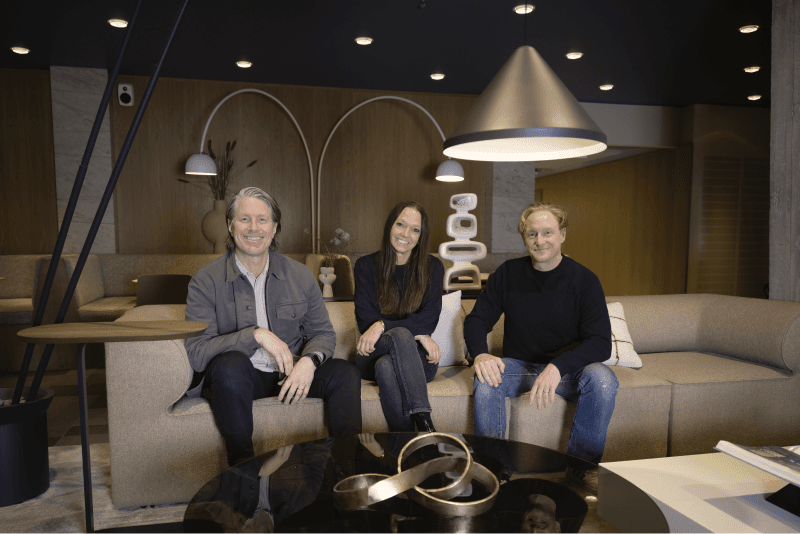Our story
Exactly how companies and employees will view the workplace over time—and how landlords and flex space operators will adapt—is still evolving. Some companies are pushing for a full return to the office (like Amazon), while others are embracing hybrid models (like Spotify). Others are experimenting with corporate coworking (like Scania) or transitioning to a fully remote work environment (like Gitlab).
One thing is sure: employees' appetite for flexibility is unleashed, and we're not going back to the old norm of "everyone at the office five days a week." To remain competitive and attract top talent, companies are adapting.
Each organization will find its path forward. For some, a mix of home, headquarters, and regional hubs will make the most sense.
For landlords, this represents a significant shift. As offices remain half-full and tenants reduce their footprint in favor of more flexible solutions, where workspaces can be purchased on demand, the traditional business model is being challenged. It's no longer enough to offer square meters; tenants expect flexibility, service, and the ability to adjust their usage over time.
This shift requires landlords to become more customer-centric. It's no longer just about managing a building but about creating attractive and dynamic work environments that attract and retain top talent. The experience within the property, from the entrance and core office to flexible work areas, has become a competitive differentiator.
Our goal is to build a platform that empowers both landlords and companies to create tailored workplace solutions that match their unique needs.
With experience scaling fast-growing tech companies like Spotify and Klarna, as well as building platforms like Bruce in the fitness space, we understand how to connect supply and demand through technology.
thanks
Tomas, Johan & Sara
